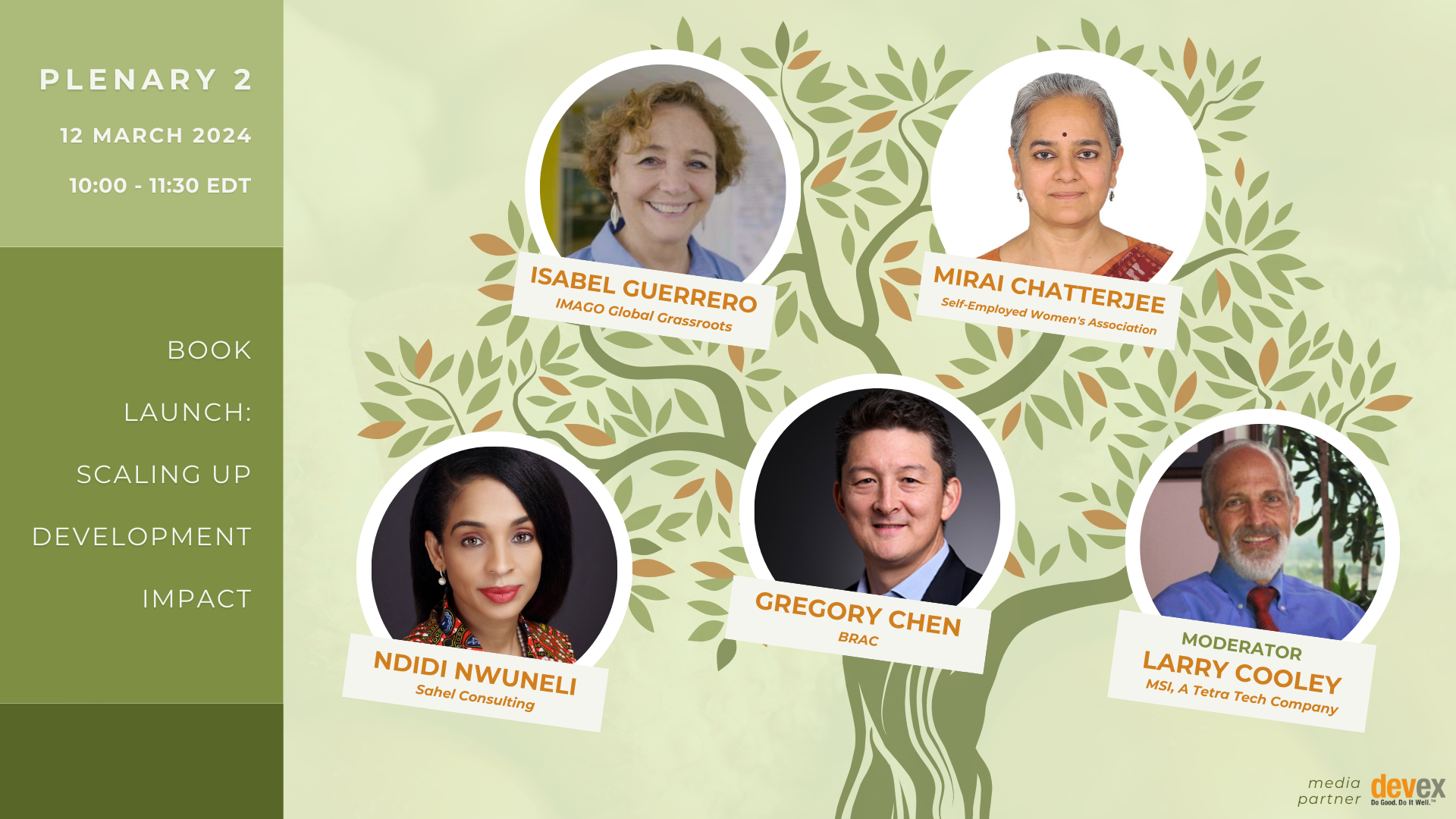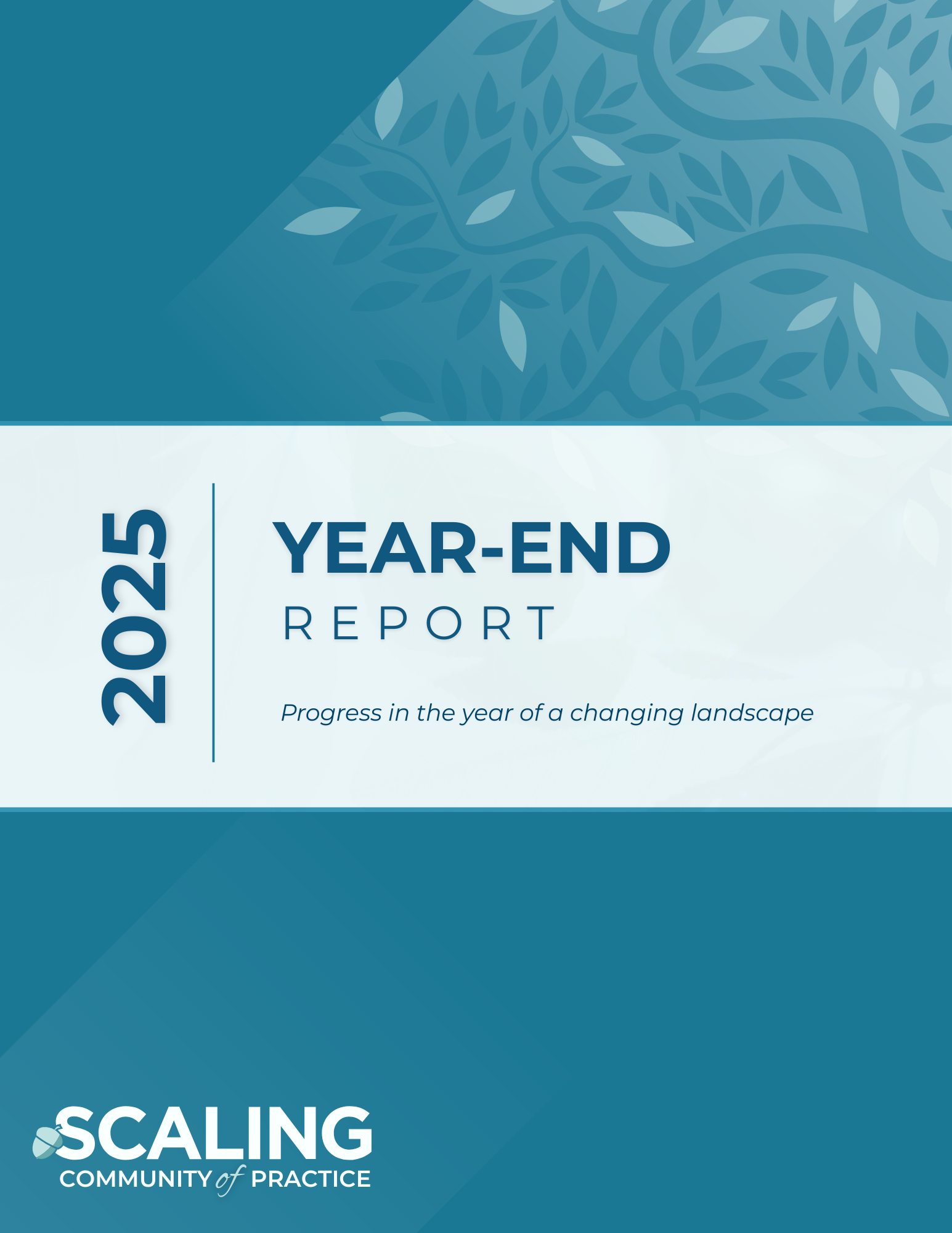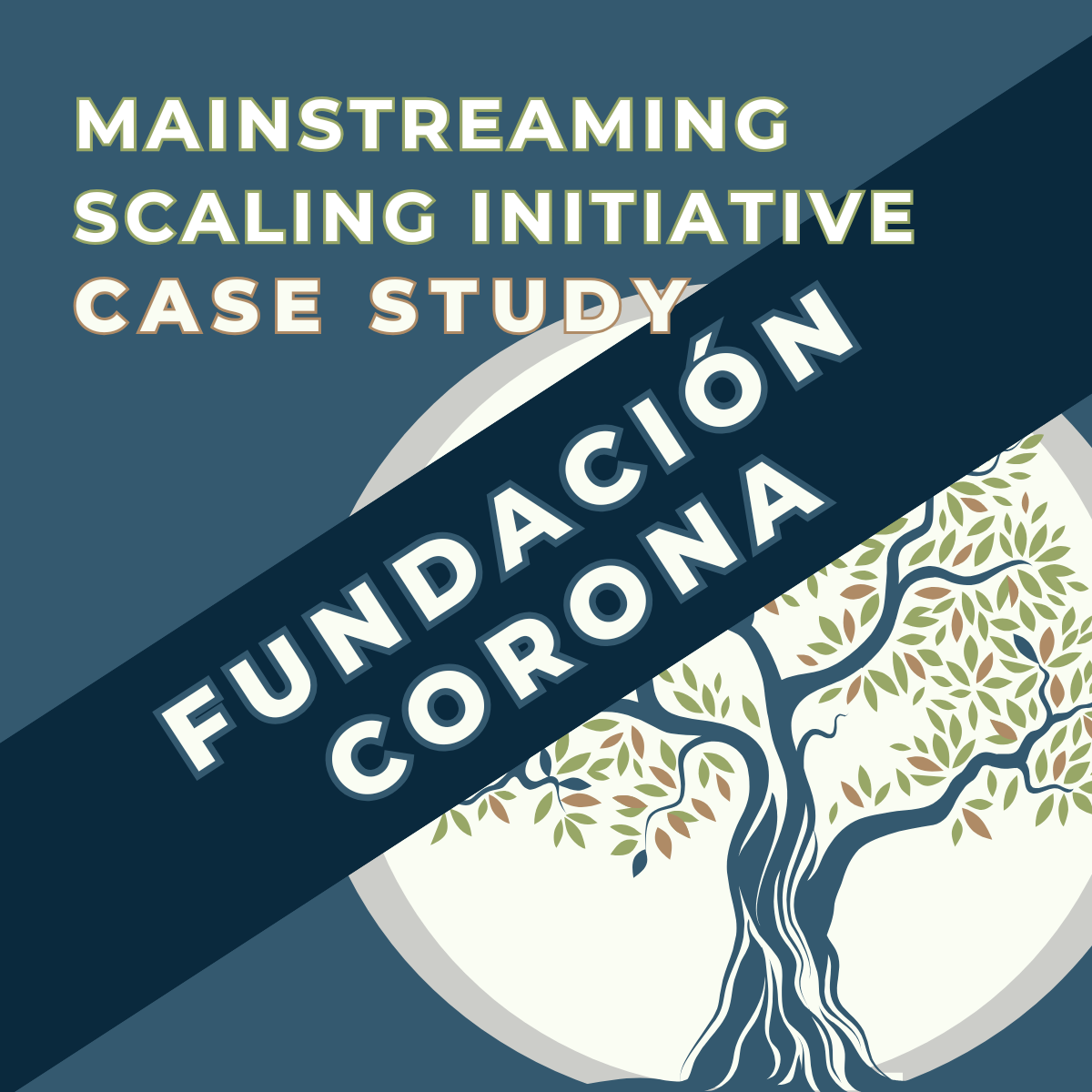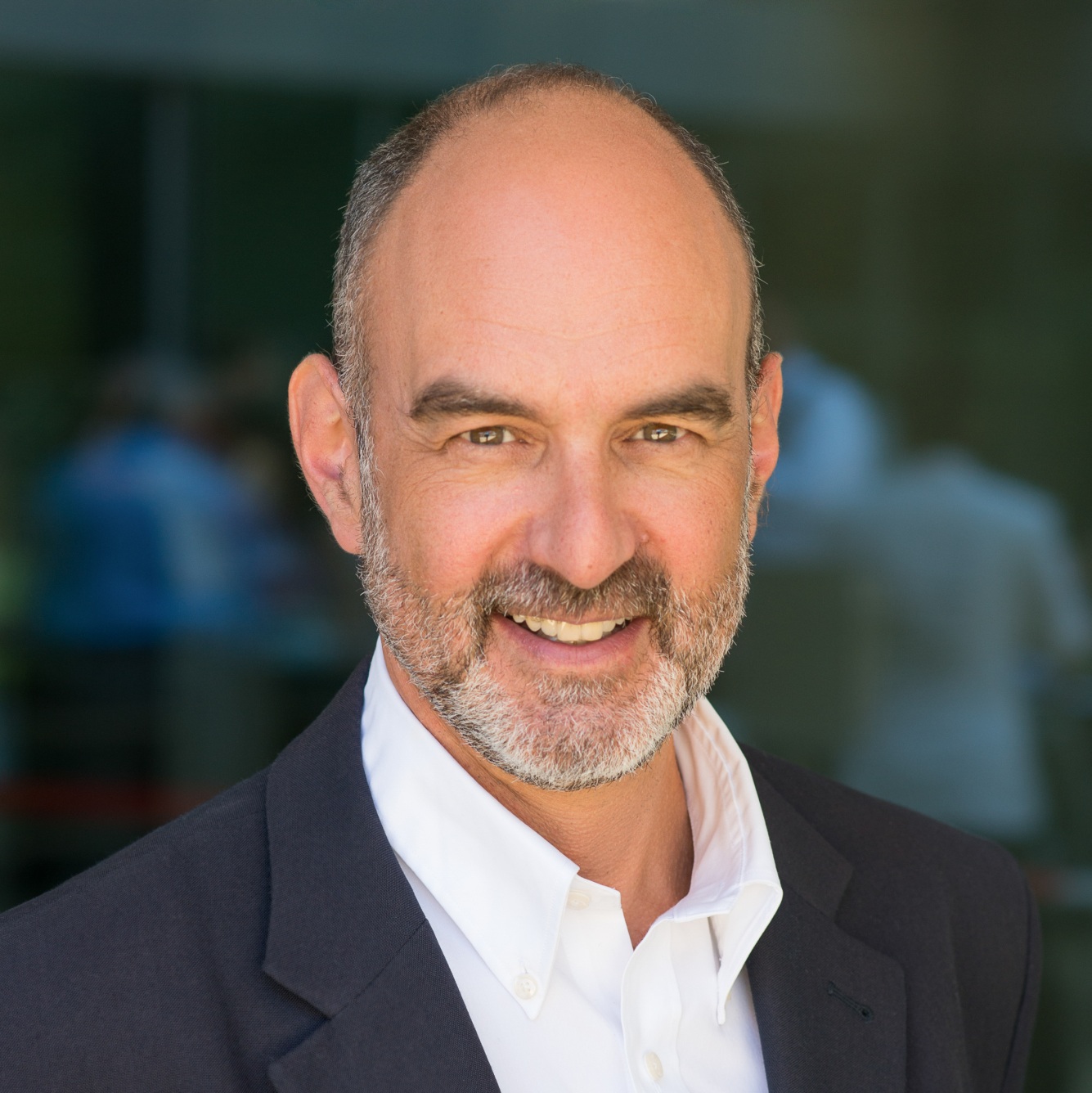
Description
Isabel Guerrero introduced her new book, Scaling Up Development Impact, which offers an analytical framework, a set of practical tools, and adaptive evaluation techniques to accompany the scaling process. She found inspiration for her work in the Self-Employed Women’s Association (SEWA), whose movement to organize millions of informal women workers started her journey to understand scaling. Another motivation was addressing the missing middle problem— where top-down solutions fail to reach the grassroots, and local innovations struggle to reach large scale. This was the seed that led her to found Imago Global Grassroots, with a vision to take innovative grassroots solutions to a global scale and a mission to change thinking and practices around poverty alleviation, where the people in need are not recipients of aid but agents of change. Isabel highlighted three key lessons from the book: scaling is a transformative process involving navigating complex systems; it requires those closest to the problem to co-create solutions; and successful scaling involves adaptation and iterative experimentation at every stage.
Several speakers built on Isabel’s points by sharing lessons learned from the “unicorns” of scaling up in development:
- Mirai Chatterjee unpacked several aspects behind SEWA’s successful scaling: the founder, Ela Bhatt, who encouraged them to think big while staying humble; the focus on a real felt need – the invisibility of women in informal jobs; the emphasis on scaling a values-based movement over organizational expansion; building local leadership; a holistic view of development (incorporating aspects such as health and finance); and the harnessing of partnerships. SEWA learned from the private sector the importance of integrating business goals with social impact for financial sustainability. Other lessons were the use of data for decision-making and the use of agile methods of management.
- Greg Chen highlighted parallels in the scaling journey of BRAC, recounting how Ela Bhatt and BRAC founder Fazle Abed inspired each other. He noted how patience to get it right, starting with people and their problems as opposed to solutions, a focus on unit costs, and an integrated approach were key to BRAC’s successful scaling.
- Ndidi Nwuneli, a Nigerian social entrepreneur, author on scaling, and newly appointed head of the One Campaign, shared universal lessons from her experience in Africa: prioritizing a demand-driven, value-added business model; shaping the ecosystem and policy environment; leveraging technology and data; enhancing cost efficiency; building resilience to shocks; and communicating with simple, compelling stories.
Speakers noted that the organization that starts and the one that scales are different. Scaling requires letting go of what is not essential and building toward a minimum viable intervention, which is difficult. Organizations must learn to “love the problem, not the solution.” Containing costs is critical. And scaling requires that interventions adapt to different contexts. “Sometimes we create these interventions as if we were breeding in a greenhouse, but they’re going to have to grow in a desert.”
Speakers also discussed the distinct challenges governments face in scaling. Isabel identified three crucial features for scaling via government: technical correctness, administrative feasibility, and political supportability. Greg acknowledged the two pathways to scale via the government in the book—outside innovation brought to government and innovation incubated within government—but emphasized a common blend involving leveraging and improving existing government programs. Mirai cautioned against losing spirit and values when scaling via government.
The discussion turned to funders and scaling size versus scaling impact. Ndidi said funding needs to scale what works, not our own work or agenda. Larry Cooley pointed out the common focus on Type A scaling errors, where an idea intended to scale doesn’t, neglecting Type B errors—ideas that shouldn’t scale but do or are scaled up the wrong way. Greg highlighted how funding often counters scaling principles, prioritizing quick results, resisting deviations from plans, and favoring solutions over a focus on underlying problems.
|
|
|
|







